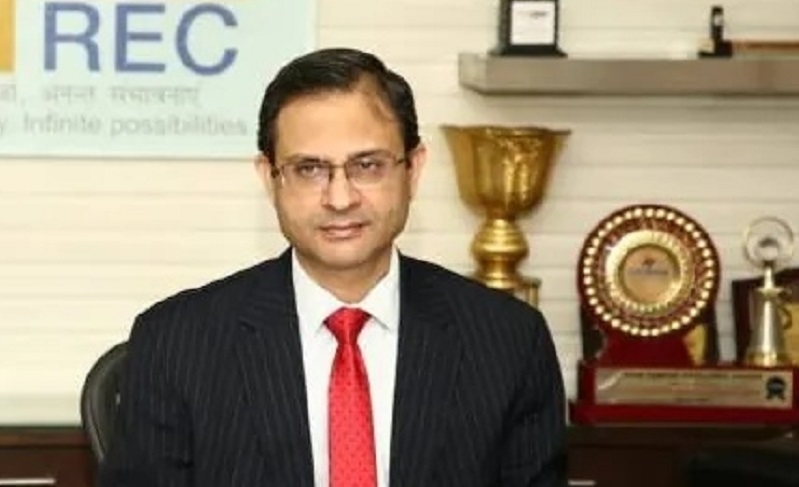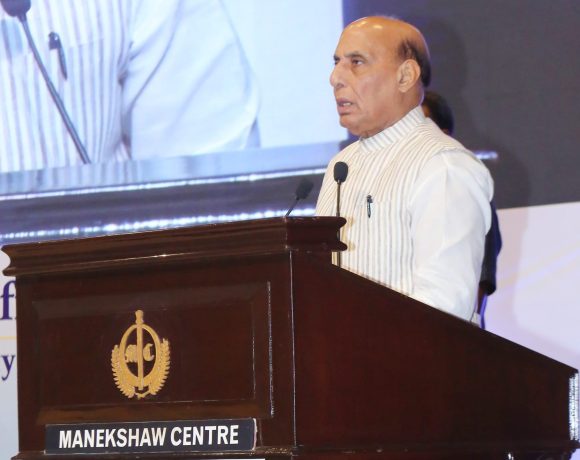
RBI Flags Liquidity Risks in Money Market, Urges Policy Transmission
Reserve Bank of India (RBI) Governor Sanjay Malhotra has sounded an alert over tightening liquidity conditions in the money market, expressing concern over the widening divergence in key short-term interest rates. Addressing a financial industry conference, he highlighted how gaps between the call money rate, market repo rate, and TREPS rate could pose significant hurdles to the smooth transmission of monetary policy.
Malhotra emphasized that despite the presence of surplus system liquidity—averaging ₹1.7 lakh crore this month—the money market is showing signs of stress, with uneven rates disrupting policy effectiveness. He called upon commercial banks, which have exclusive access to the RBI’s liquidity windows, to take proactive steps in ensuring that monetary interventions reach the broader financial system efficiently.
Push for Robust Risk-Free Term Structures
The Governor underscored the urgent need to develop a reliable short-term risk-free interest rate structure, especially within the three-day to three-month maturity segment. Such a framework, he noted, would serve as a reference for pricing a variety of financial instruments, including retail and corporate loans.
He also advocated for the development of derivative instruments linked to the Secured Overnight Rupee Rate (SORR), India’s benchmark overnight rate. A robust derivatives market based on this rate, Malhotra noted, could provide improved tools for managing interest rate risk and enhance overall market resilience.
Strengthening Market Depth and Participation
Malhotra further stressed the importance of deepening India’s government securities and derivatives markets. He urged greater participation from a wider base of investors and financial institutions, which he believes would bring diverse perspectives, improve price discovery, and boost competition.
He called for improved risk management frameworks within the derivatives market and noted that better infrastructure and liquidity across segments would support the transmission of monetary policy into the real economy more effectively.
The central bank’s remarks come at a time when India’s financial markets are navigating a complex global economic environment marked by interest rate volatility and capital flow uncertainties. The RBI’s latest warning serves as a reminder of the importance of a stable and well-functioning money market ecosystem for maintaining economic momentum and financial stability.


















